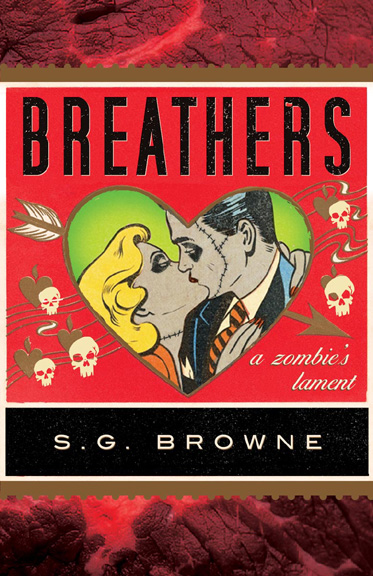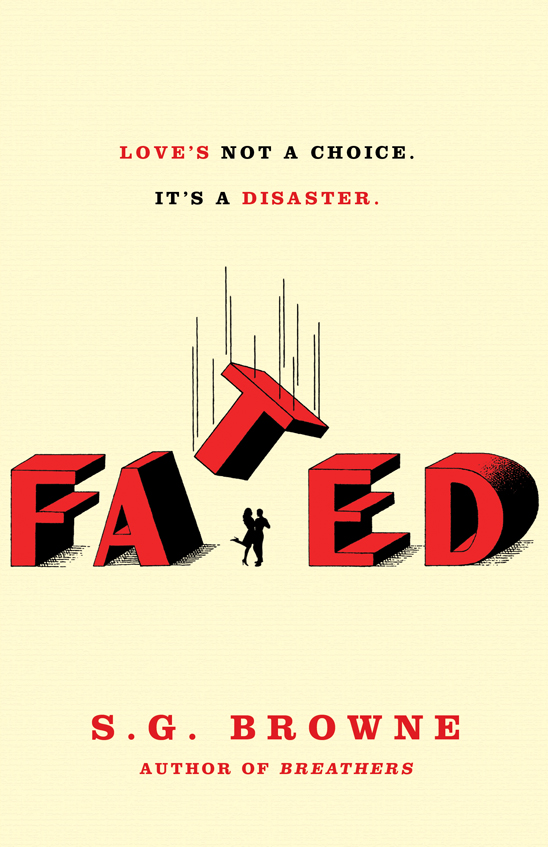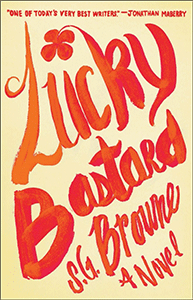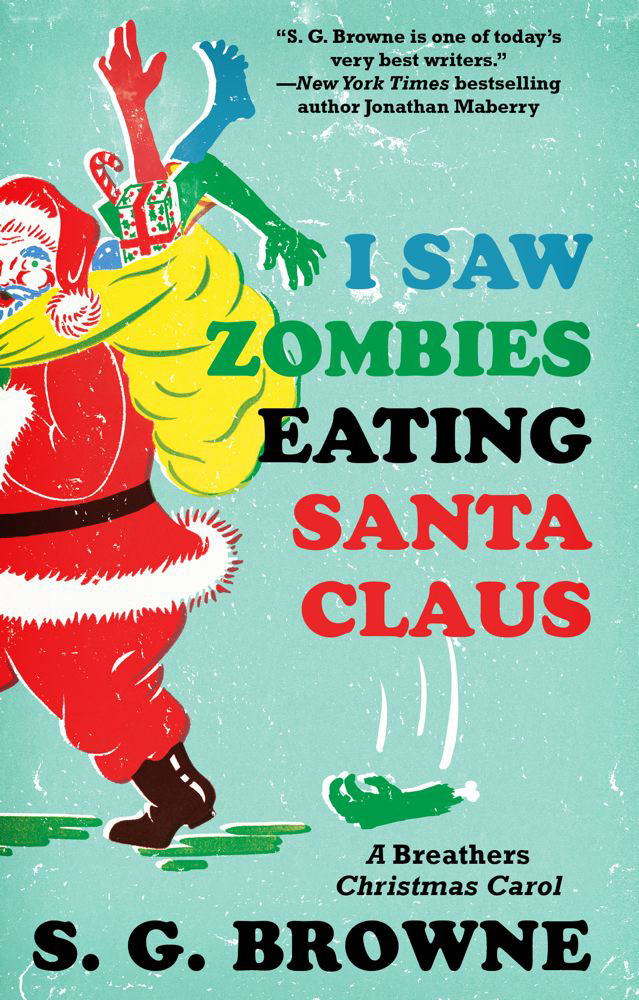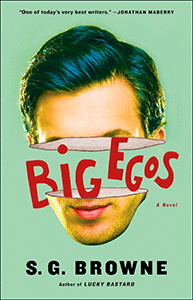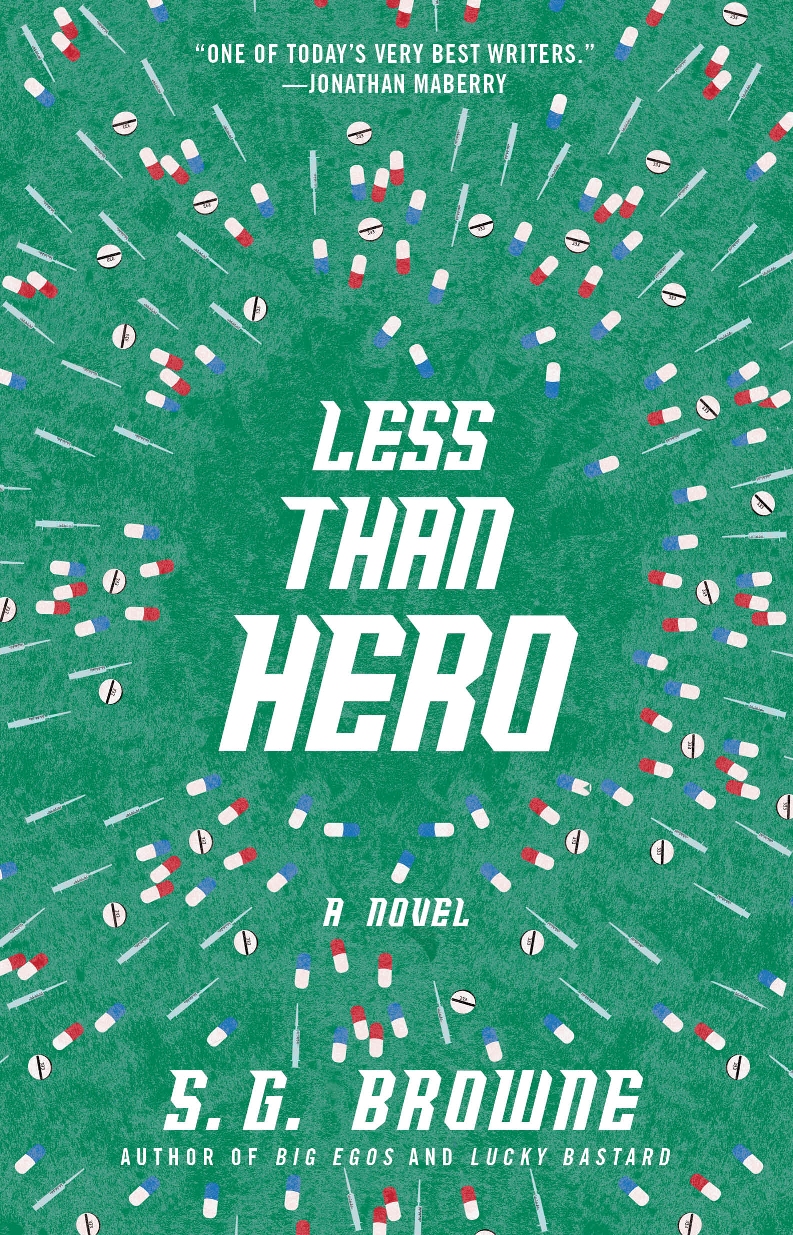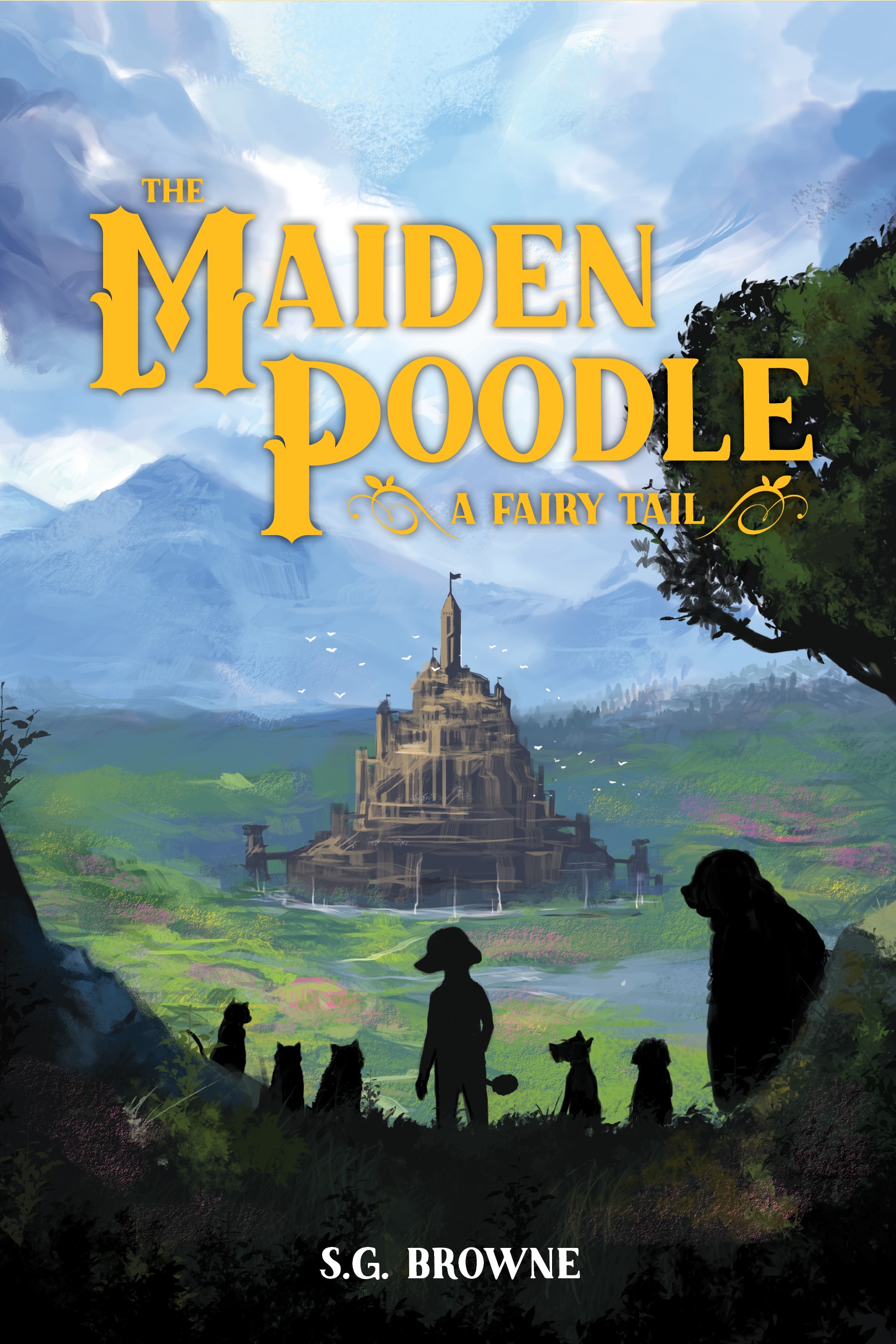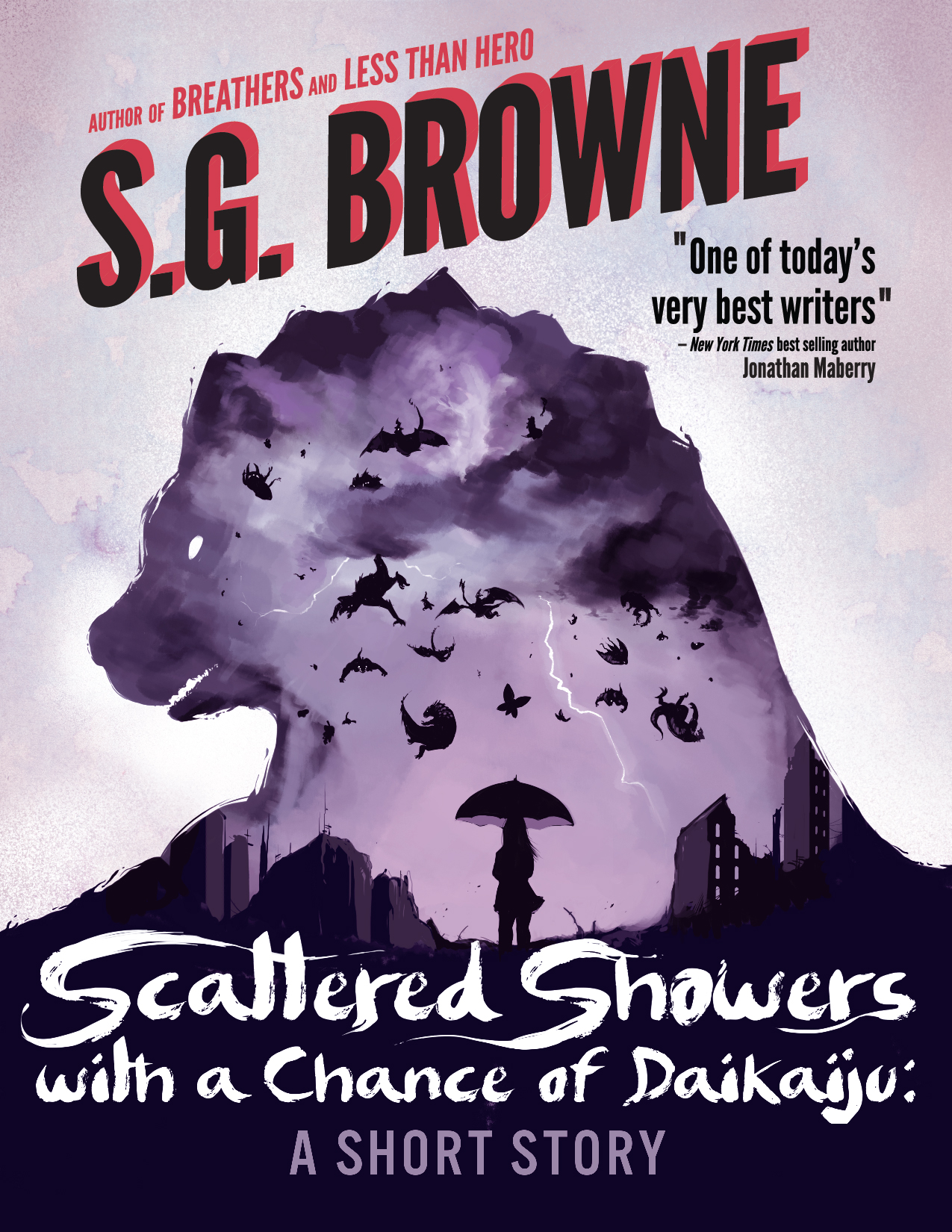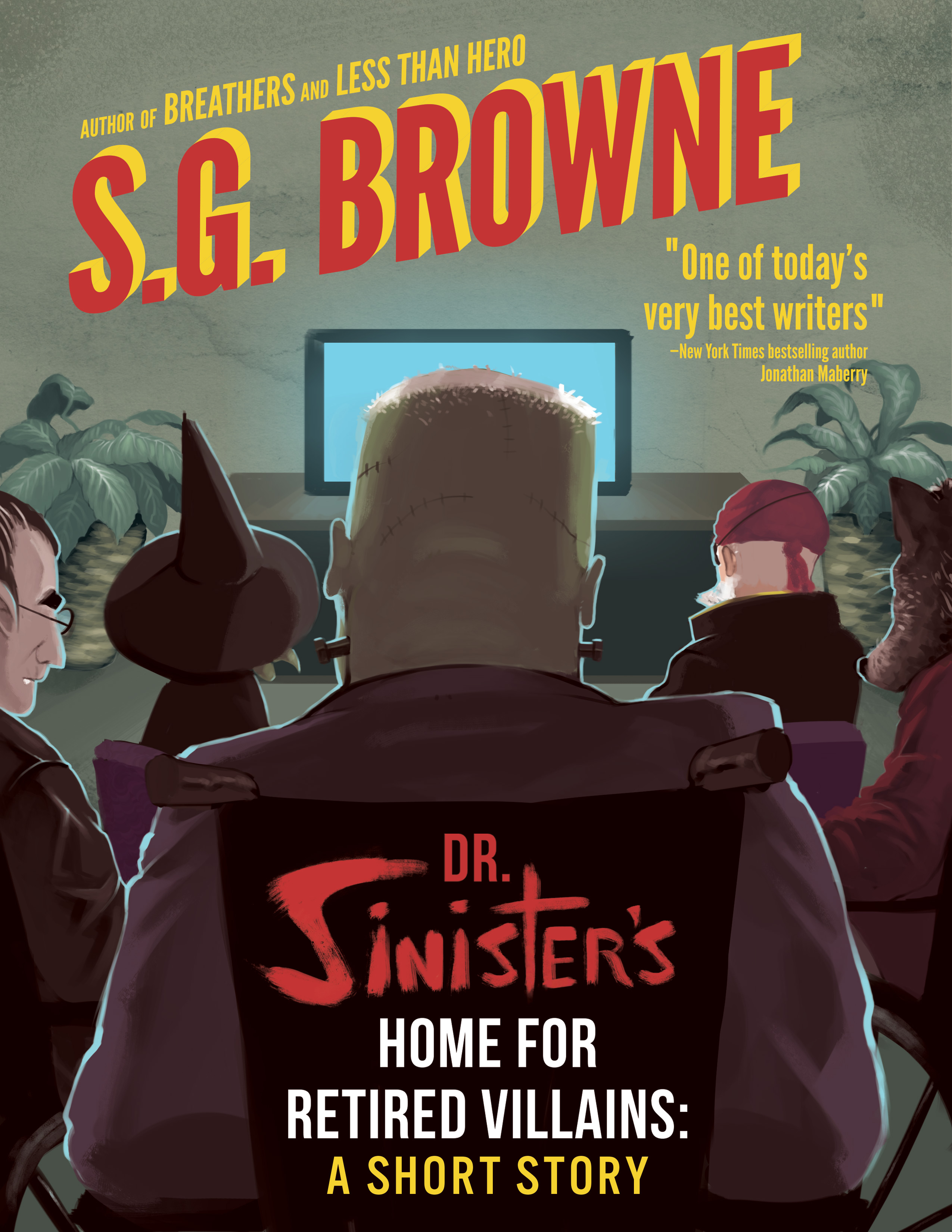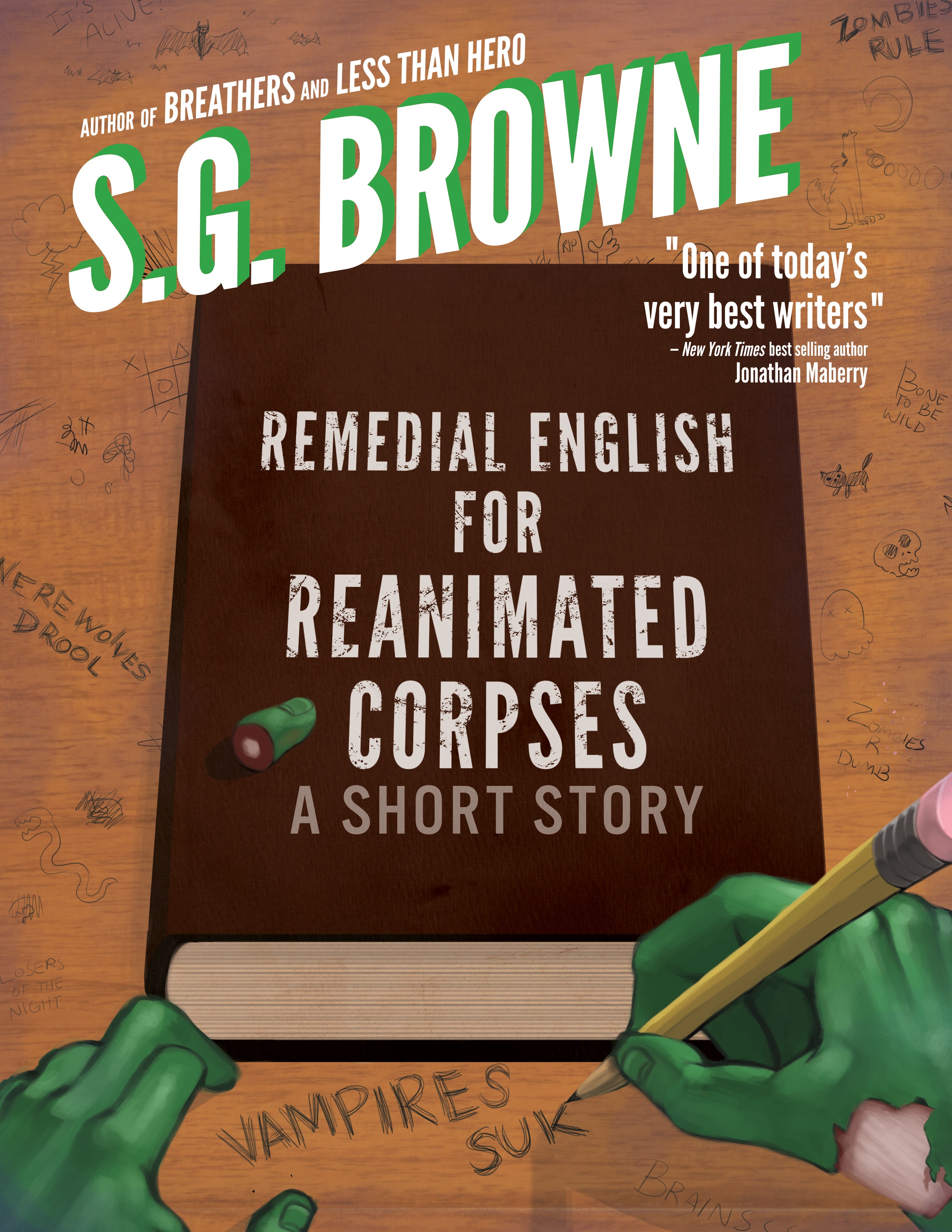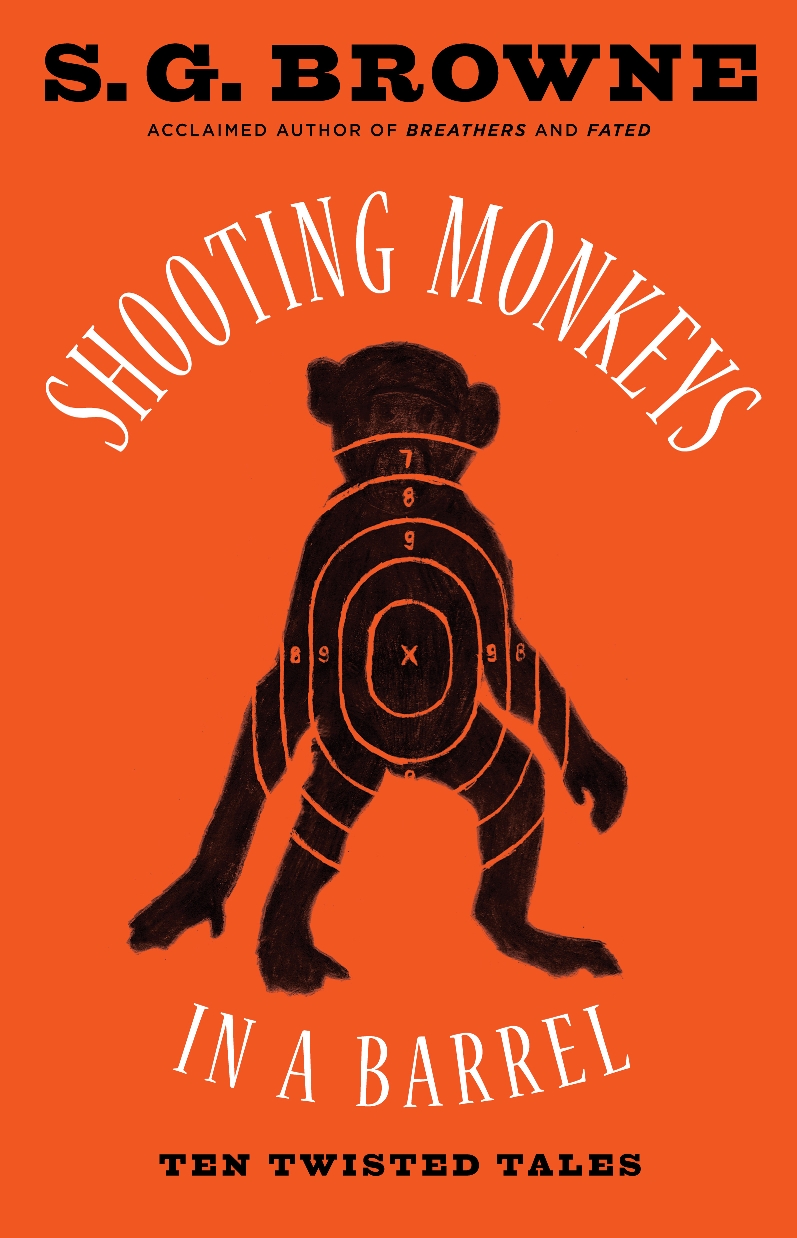How to Write a Novel
Wondering how to write a novel in today’s chaotic world filled with countless distractions? Here, let me help.
First, pick a space in your home where you will do your writing. Someplace where you can cultivate your creativity. Ideally this will be separate from your communal living or gathering area and where you’re less likely to lounge, take naps, or turn on the television. Preferably in a room without windows and with a lock on the door to keep out inquisitive family members and housemates.
Once you have your writing space picked out, populate it with the tools you’ll need to nurture your writing: a desktop or laptop computer; a comfortable chair; pens and pads of Post-It notes to write yourself reminders and inspirational quotes about writing; a bookcase or some bookshelves filled with your favorite books or classic novels, with at least one shelf dedicated to books about how to write a novel; a stack of empty journals that you vow to write in daily and fill up with ideas and observations but that will remain in a stack on your desk or on your bookshelves, gathering dust.
With your writing space set up, turn on your computer and open your preferred writing software. Microsoft Word, Scrivener, Google Docs, and Vellum are some of the more popular and widely used programs. Spend several hours or days deciding which writing software is the best one for you. Second-guess this decision whenever your check your social media accounts to see what other writers are using.
After you’ve decided on your writing software and opened it up, type the title of your novel on the first page. If you don’t yet have a title, type a working title or placeholder title. You can come up with a title later. The important thing is to not get bogged down with trivial matters so that you can begin the process of putting words on the page.
Directly beneath your title, type your name. Spend several hours or days typing different variations of your name, with or without initials or with an alternate spelling of your first or last name because you saw another writer spell it that way and you think it looks more professional. More like a writer. Spend several more hours or days deciding on whether to use your real name or a pen name. Spend at least a week researching whether or not you need to file a DBA with your city to register your pen name as a business.
Once you have your author name figured out and have filled out any necessary or unnecessary paperwork required by your local jurisdiction, type your author name below your title or working title and then hit ENTER multiple times until you reach the top of the next page. Eventually you will learn to insert a PAGE BREAK instead but for now you don’t need to worry about that. You can always clean that up in your edits, which will take twice as long as writing the novel in the first place.
At the top of the second page, type Chapter 1. Spend at least twenty minutes going back and forth between using the Arabic numerals for the chapters or spelling out the chapter numbers, instead. Do an internet search for Arabic numerals and discover an article from 2019 in which 56% of the people surveyed think Arabic numerals shouldn’t be taught in school. Share this article on your Facebook and Twitter profiles and then go back to your novel. Decide to spell out your chapter numbers. You will probably go back and forth over this aesthetic multiple times during the writing and editing process.
After you’ve decided on the format of the chapter number, hit ENTER once or twice and then hit the TAB button. Eventually you will need to replace all of the TABS using paragraph formatting but don’t worry about that now. You don’t want to get caught up in the minutiae of manuscript formatting. That can all be fixed later. You are now ready to start writing your novel.
Stare at your computer screen for several minutes. Notice all of that blank, white space beneath the chapter heading, stretching out like an endless, white void. Feel the nagging self-doubt creep into the back of your head as you stare at the daunting blank screen, at the chasm of whiteness that you’re somehow supposed to fill up with words and sentences and paragraphs; with scenes and plots and characters; with a beginning and a middle and an end.
Continue to stare at your computer screen, your fingers hovering above the keyboard before rubbing your chin in contemplation, then rubbing your eyes because you’ve been staring at the blank, white screen for what feels like two hours without typing a single word. Run your hands through your hair in frustration, then change the chapter heading to spell out the chapter number before deciding to go back to using Arabic numerals. Stand up and walk around the room. Think about going to the kitchen to get a snack and something to drink to help clear your mind. Maybe a caffeinated soda or a cup of coffee to help stimulate your creativity.
Return to your computer fifteen minutes later with a cup of peppermint tea because you remembered that if you drink coffee after 4:00 p.m. you won’t get a good night’s sleep. And you don’t have any soda because you’re trying to cut down on sugar.
Sit back down at your computer and take a sip of your tea. Do another Internet search, this time about the nutritional contents of different sodas, and discover that there are 39 grams of sugar in a single can of Coke. A 12-ounce can of A&W Root Beer is even worse with 45 grams of sugar, although Mug Root Beer only has 28 grams of sugar. Decide that amount of sugar doesn’t sound so bad. Try to justify taking a quick trip to the store to pick up a six-pack of Mug but then realize that you’re just procrastinating and that your novel isn’t going to write itself.
Exit your web browser and take another sip of peppermint tea. Decide that peppermint tea is a poor substitute for root beer. Drink the tea because it’s soothing and because the warm mug feels good in your hands. Set down the mug on one of the coasters you bought from Out of Print Books, the one for Catch-22 by Joseph Heller. Wonder if writing a novel could be considered a catch-22. Remember that you’re supposed to be writing your novel.
Take a deep breath, run your hands through your hair again, rest your fingers on your keypad, and start typing.
Type the first word, then the next word and the next until you have your first sentence. Type the next sentence after that, then another sentence until you have your first paragraph. The opening to your novel. Feel a sense of satisfaction. Of accomplishment. Go back and spend thirty minutes editing your opening paragraph until you realize the initial draft was better. Hit the UNDO button until you get back to your first version. Hit ENTER.
Realize that you have single line spacing and wonder if it should be double-spaced instead. Spend ten to thirty minutes searching the Internet to find out what the standard format is for manuscripts. Spend another fifteen to thirty minutes on Facebook asking other writers about line spacing and document formatting and getting conflicting answers that just make you more confused. Check to see how many people have liked or commented on the article you posted about Arabic numerals. Be disappointed that you don’t have very many likes or comments. Scroll through your news feed for another twenty to thirty minutes. Exit your web browser and return to your novel.
Highlight your opening paragraph and change the spacing from single space to double space. Realize that you’re using your writing software’s default font, which is Cambria 11-point, and wonder if this is the preferred font and size for novels. Spend another twenty minutes searching the internet to see what the best font and font size is for writing novels. Spend another ten minutes learning the difference between serif and sans serif fonts.
Once you have your tabs, line spacing, font type, font size, margins, headers, widows, orphans, and other paragraph and page layouts and formats figured out, you’re ready to continue writing your novel without any distractions or interruptions. Except for when you get an email notification. Or spend your time checking your Facebook and Twitter accounts. Or consult an online thesaurus to find that word you’re looking for. Or perform an online search for something related to your story and end up using all of your scheduled writing time reading articles and emails, instead.
You can install internet-blocking software such as Freedom or RescueTime that can restrict access to distracting websites and apps and help you to remain focused on your writing. Spend another thirty minutes to one hour researching the best option for you and then another thirty minutes deciding if you want to pay for a premium version of the software. After installing your preferred internet-blocking software, turn it on for your desired length of time and continue writing. Realize that you need to install the software on your phone but convince yourself you can leave your phone in another room so you’re not tempted to check it every time you receive a notification.
Read over the first paragraph you wrote. Edit it at least five more times before moving on to the next paragraph. Do the same with your second paragraph. And the next one. And the next one. Spend more time editing the first page of your novel than you did writing it.
Check your cell phone when you get a text notification because you didn’t leave your phone in another room like you told yourself you would. It’s a close friend who you haven’t communicated with in months. Text them back and forth until your friend calls you. Answer your phone. Spend forty-five minutes talking to your friend. Tell them you’re writing a novel. Feel offended when they don’t ask enough questions about your novel. Or else be evasive when they do ask you questions because you haven’t written as much as you’d expected. Make a promise with your friend to stay in touch more often even though you know you won’t keep your promise.
Realize that it’s now time to make dinner. Leave your writing space and go make dinner. Eat dinner in front of the television, streaming a series on Hulu or Netflix or Amazon Prime. Vow that you will only watch one episode while you eat dinner before you go back to working on your novel. Watch at least two more episodes. Decide it’s too late to get any more work done on your novel and spend another one to three hours streaming more episodes, checking social media, or playing video games.
Go to bed. Promise that you’ll wake up early to write before going to your day job. When your alarm goes off the next morning, hit the snooze button three times. Wake up and get out of bed. Decide that you need some exercise since you’ve been spending so much time sitting in front of your computer. Get some exercise. Take a shower. Eat breakfast. Go to your day job. Promise yourself that when you get home, you will spend more time writing and less time watching movies, going on the internet, or texting friends. Break your promise.
Spend the next three months to three years writing your novel. How long it takes will depend on the number of hours each day that you write, how much editing you do while writing your first draft, whether or not you use the internet-blocking software you installed, how often you answer your phone to talk to friends and family members, and how much time you spend on social media. But with all of the software programs, How-To books, and online resources available to writers today, writing a novel has never been easier.

